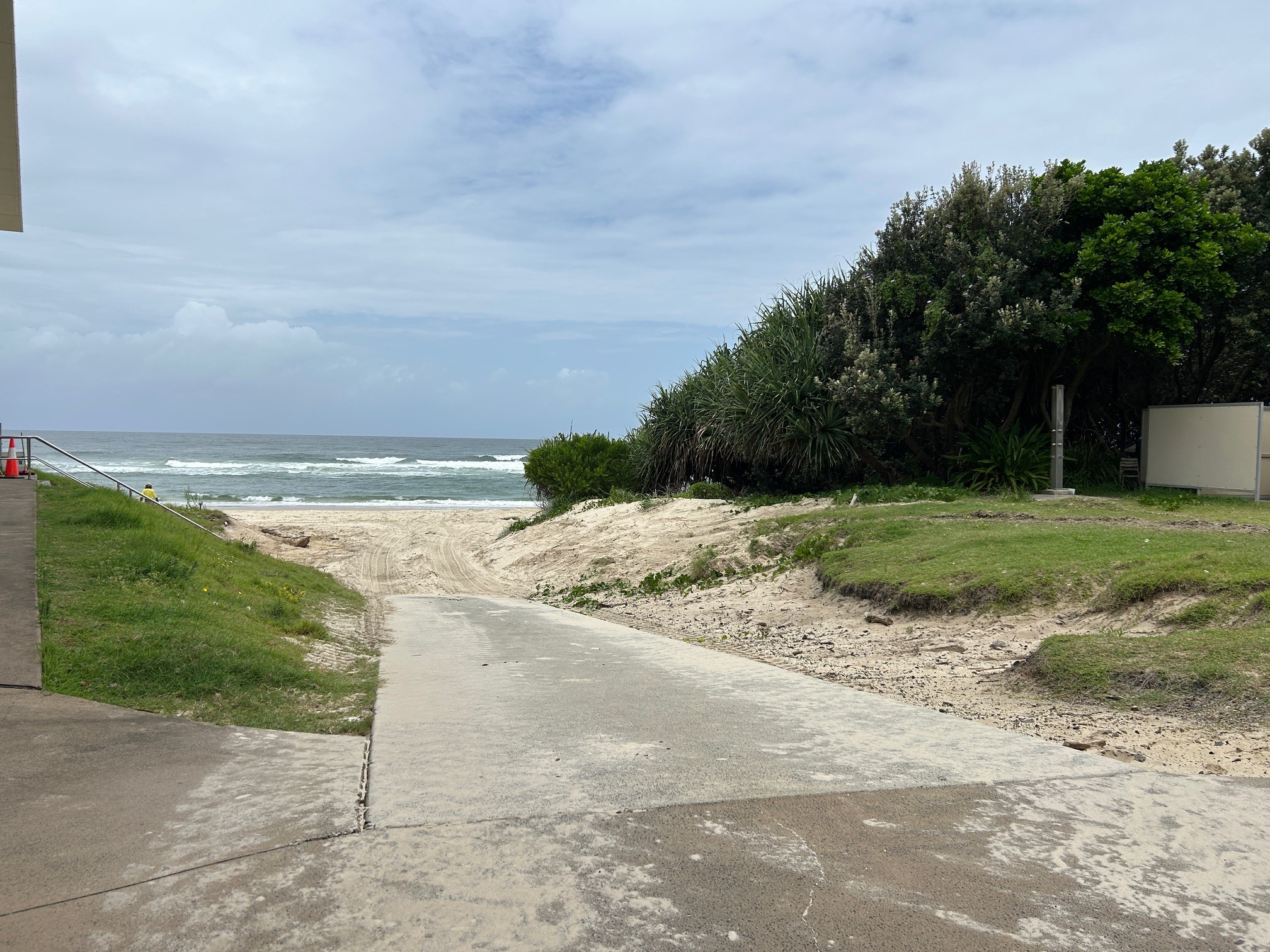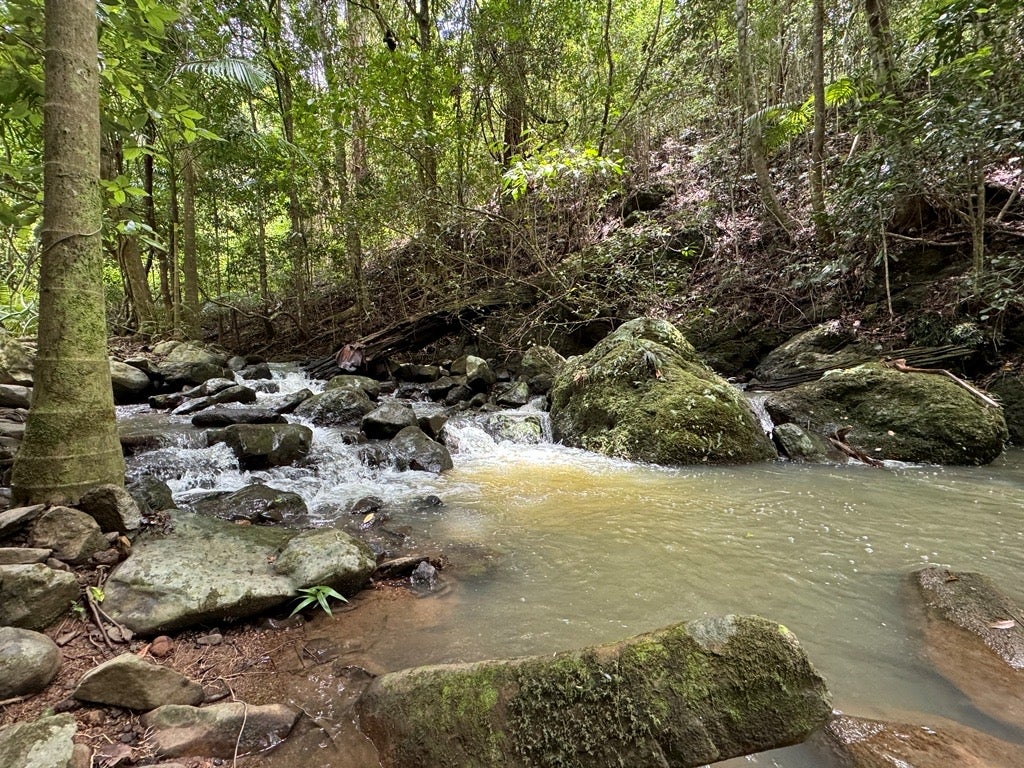In the Paris Olympic Village, around the Australian headquarters, a passerby could potentially spot something resembling odd microphones planted around the area.
They are not recording equipment, but EMUs (Environmental Measurement Units), created by University of Sydney researchers, being used by the Australian Olympic Committee to combat any potential extreme summer temperatures and humidity during the games to help give an Australian Olympians an edge over other international teams.

An example of real-time weather information detected by EMU Systems at Paris.
EMUs are designed especially to directly measure all the environmental factors that can contribute to heat stress, including temperature, radiation, humidity and wind speed.
Weather information is currently being sampled live, and the data fed into a specially designed algorithm that generates a heat rating and tailored advice.
The information appears on a dashboard that updates in real time to Australian support staff who can then give advice to Olympians on how to avoid heat stress and stay cool.
“Heat stress risk is an invisible adversary facing our athletes that can affect their performance and health. In extreme conditions, the combination of heat and humidity can sneak up on you, your ability to perform is compromised,” says , director of at the University of Sydney, an expert in human thermoregulator physiology, studying how people are affected and can manage extreme temperatures.
“Anything that can take away a fraction of the performance marginally during the Olympics for the athletes can make a difference from a chance at the podium.
“It has been an amazing opportunity working with the AOC to support our athletes, and to have the EMUs in action.”
The Paris Olympic village was initially designed to be air conditioning free, as a commitment to sustainability, by introducing eco-friendly technology in the form of a geothermal cooling system that uses cool water pumped from deep beneath the ground.

An EMU specialist device used to help heat assessments at the Australian Open.
Australian Olympic support staff were concerned about the impact of heat on the health and wellbeing of the athletes, and so reached out to Professor Jay’s team.
They were aware of the Heat and Health Centre’s world leading reputation and research on managing heat and extreme conditions. The EMU device has been used in the Australian Open to a specially designed algorithm to generate what’s now called the Australian Open Heat Stress Scale.
Since last year, Professor Jay has been supporting the AOC as a Heat Mitigation specialist, providing heat stress management advice and helping the team prepare for any extreme temperatures.
AOC Chief Executive Officer Matt Carroll said the assistance from Professor Ollie Jay and the Sydney University team has been invaluable:
“The AOC has looked to convert potential challenges into high performance advantages for the Australian Olympic Team. Managing heat was a high priority for us to ensure our athletes can compete at their best.
“EMU Systems is thrilled to collaborate with the Australian Olympic team, providing our heat stress management system to help our athletes stay safe and performing at their best. This partnership highlights our commitment to working with organisations who believe in using technology and science to advance sport safety and performance,” says Dr Grant Lynch, CEO of EMU Systems and researcher at the University of Sydney.
EMU Systems is a recent graduate of the CSIRO ON Accelerate commercialisation course where Dr Lynch was announced as the recipient of the prestigious 2024 Stanford Australia Foundation (SAF) award scholarship. This award will fund Grant to complete an executive leadership course at Stanford University.







